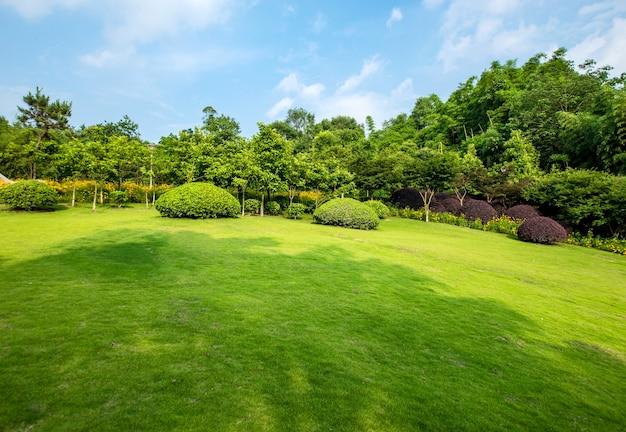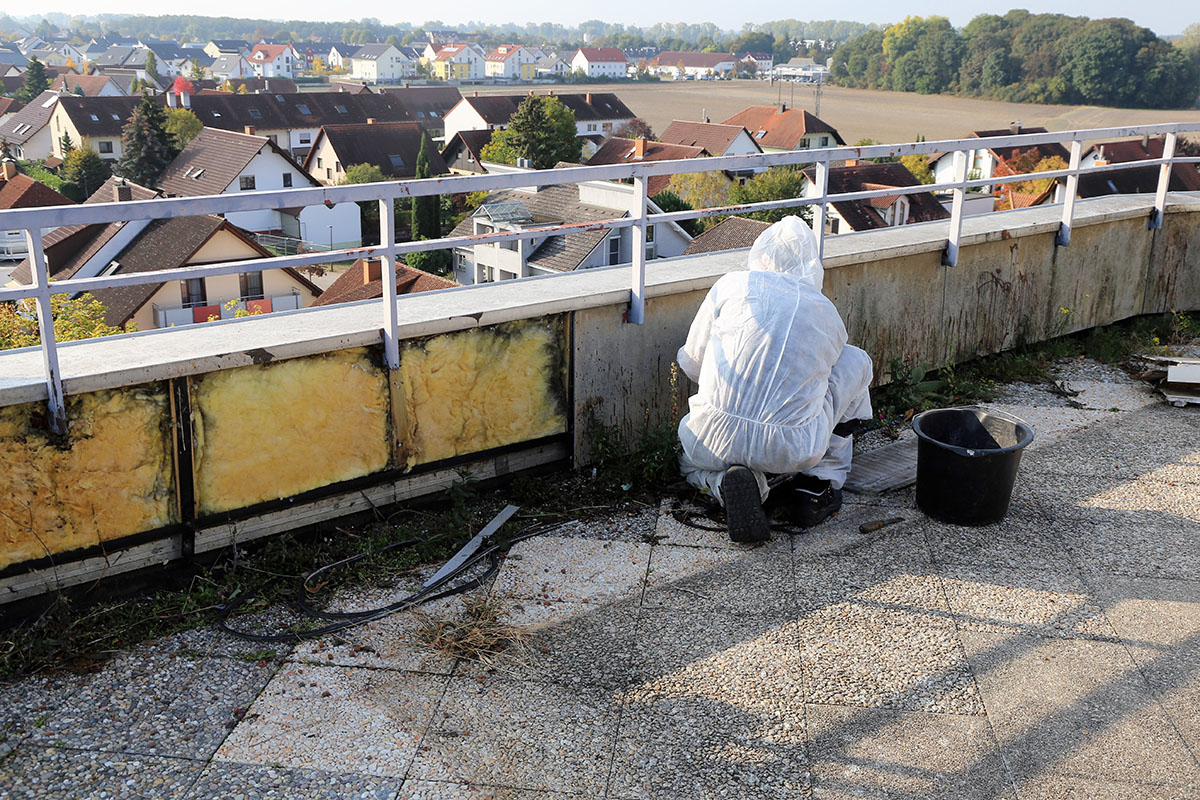Keeping a green and healthy garden in hot weather can be difficult. You can keep your garden healthy even in the heat. If you are a fan of having a green garden, then there is some work that you need to put in. If the weather is hot, then you need to be extra careful so you can make it work.
Here are seven helpful ways to take care of your garden in hot weather and achieve amazing landscaping.
1. Use Water In A Responsible Way
Watering your plants in the cooler parts of the day, such as early morning or late evening, reduces water loss. This makes sure that more water gets to the roots where they need it the most.
Instead of frequent shallow watering, choose to do deep watering. This makes plants more drought-resistant.
2. Garden Mulch
Mulch helps keep soil moist, cool the soil, and reduce weed growth. It protects the soil by keeping it cooler and preventing water from evaporate too quickly.
You can use natural mulches like wood chips, straw, or compost. They not only save water but also improve soil fertility as they decompose.
3. Choose Plants That Can Withstand Droughts
Choose plants that are native to your area and have adapted to the weather there. These plants do best in hot, dry weather without much water.
Succulent plants and cacti
Succulents and cacti make great choices for hot weather landscapes. They keep water in their leaves and stems, making them drought-resistant.
4. Shade Is Important
Shade cloth can protect plants from the scorching sun. It’s especially good for young plants or plants that aren’t fully established.
Plant wisely.
Plant trees and tall plants to provide shade for smaller, less able-bodied plants. This protects them from direct sunlight and makes the soil cooler.
5. Keep Healthy Soil
Add compost or manure to your soil. This improves soil structure, water retention, and nutrient content, helping plants survive hot weather.
Use natural fertilizers instead of chemical ones.
Chemical fertilizers can cause problems for plants, especially in hot weather. Choose organic fertilizers that release nutrients slowly and are gentle on plants.
6. Prune And Cut Back
Regular pruning helps plants get rid of dead or damaged parts, reducing their overall water needs. It also encourages new growth and improves air circulation, which help plants stay cool.
Deadheading the project.
Take out the dead flowers to make the plant grow stronger and develop roots instead of making seeds.
7. Adjust The Monitor
Check your plants regularly for signs of stress, such as wilting, yellowing, or browning. Early detection helps you fix problems before they get worse.
Change the way you water plants.
Be flexible with when you water. During hot spells, you might need more water. Instead, use less water when it’s cooler.
Conclusion
In hot weather, it takes extra work and attention to keep your garden looking beautiful and healthy. By using mulch, choosing drought-resistant plants, providing shade, keeping the soil healthy, pruning.
You can also ge your gets on some brand-new Patio Area Covers so you can make your garden more beautiful. By regularly monitoring your garden, you can make sure your landscape thrives even in the heat. Use these tips to create a garden that will last all summer.









